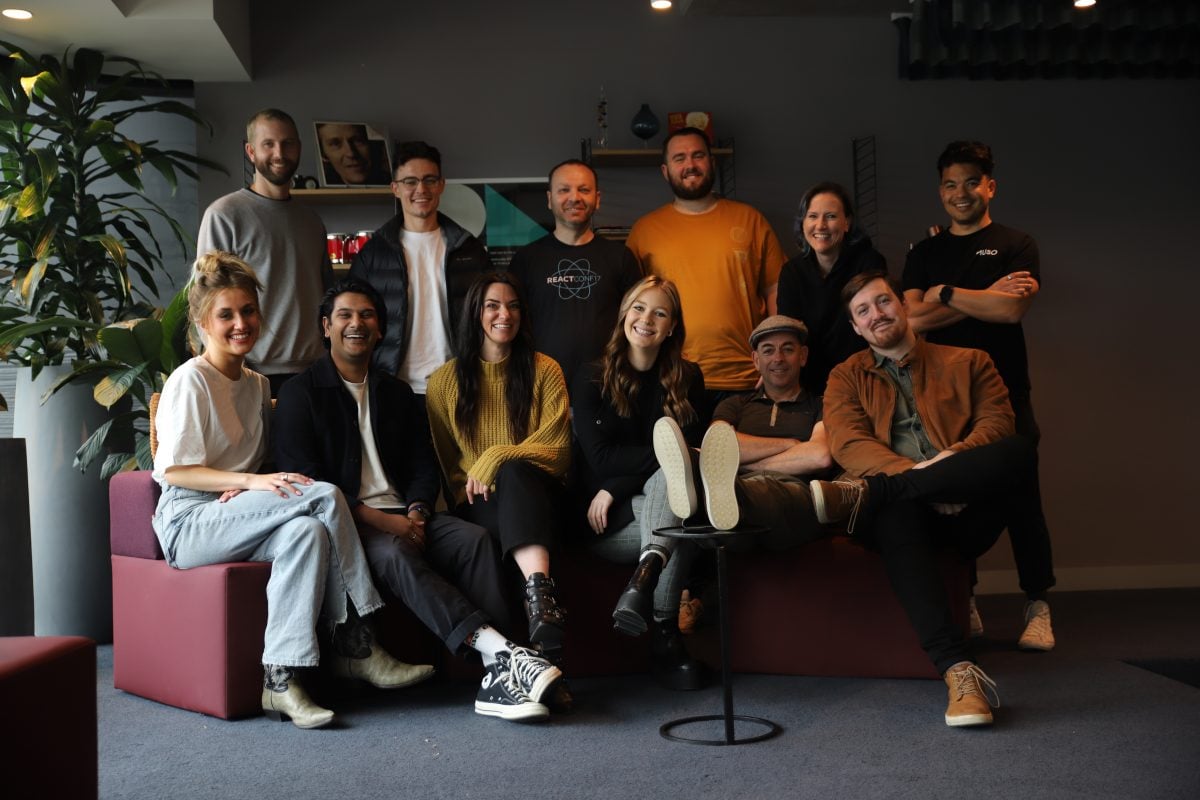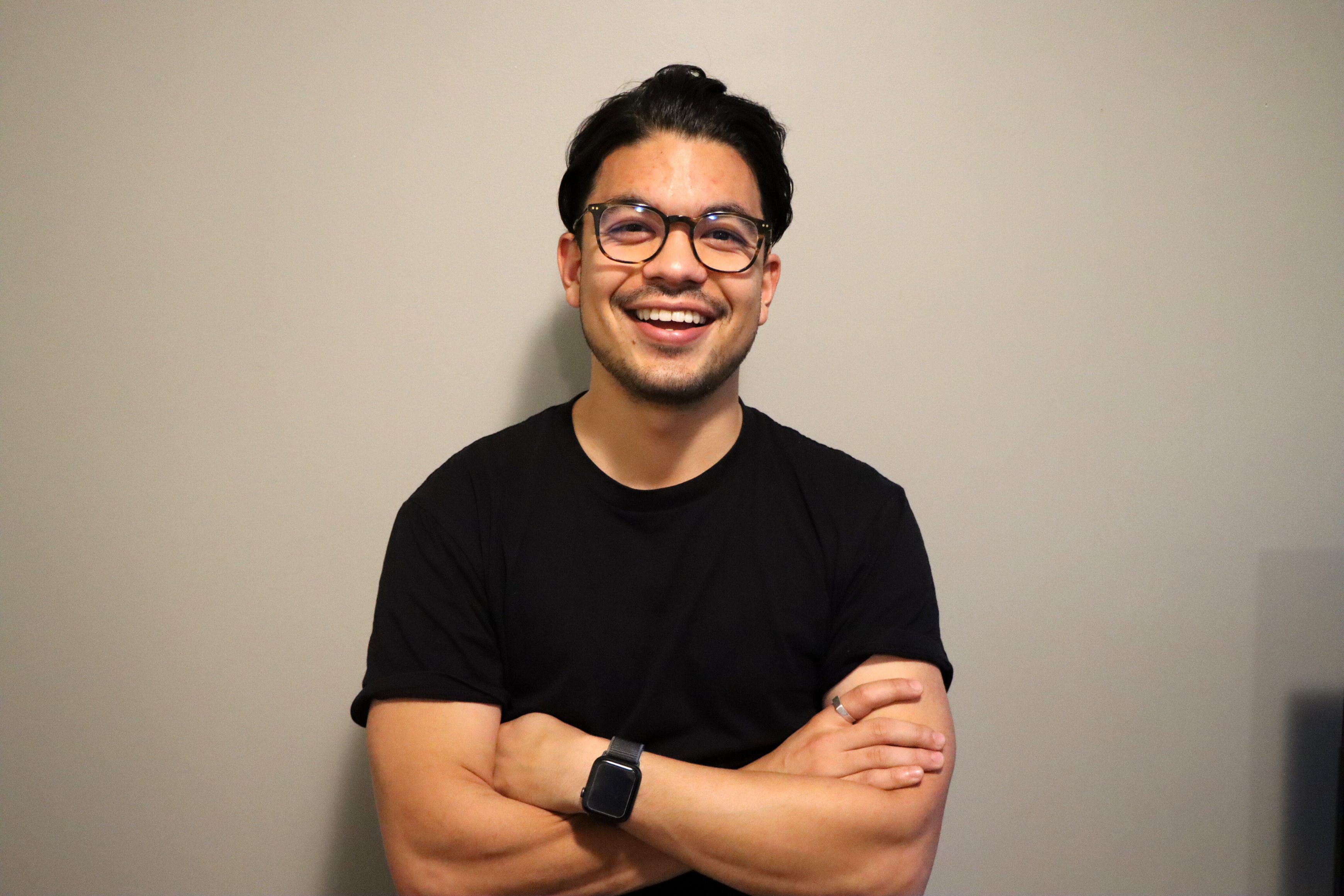TMN Tinnies Spotlight: Muso’s Alan Jin on pivoting in a pandemic

Last month The Music Network announced the winners of its annual business awards, TMN Tinnies. This week TMN’s contributing editor, Christie Eliezer, shines a spotlight on five of the winners. Up next is Music Tech Platform Of The Year, won by Muso. The 2021 TMN Tinnies were supported by Humm Events, iHeartRadio Australia, Ingrooves, TikTok and Vevo.
Muso is a platform, launched in 2018, linking venues and artists to source gigs.
It was founded by Brandon Crimmins, Jeremiah Siemianow and Alan Jin in Melbourne.
They were initially based out of a portioned back area in a friend’s office, in summer working shirtless with five fans on full blast.
Muso had booked over 14,000 shows, with 5,000 artists in over 500 venues.
Then came Friday, March 13, 2020, the COVID-caused day when the Australian hospitality and venue sector closed its shutters.
“The majority of our business is in live music, especially at the local level,” relates Jin, a former musician, venue operator and marketer at Clemenger BBDO, whose title at Muso is COO.
“All of a sudden our venues were closing their doors, our gigs were being removed from the system, and artists were losing income.
“It was a horrible situation for everyone.
“When it first appeared there was definite concern from our team and our investors.”
But after a week of “definite concern”, the team swung into action.
It identified that its way forward was working out what it could use in the business, and the value it could create for customers.
“We had to find a new way of operating that created recurring revenue on-scale when everything opened,” Jin recalls.
Within a month, Muso designed and prototyped a new product for its hospitality clients.
Hospitality groups could consolidate and streamline their live music operations across their entire portfolio, and logistics roadblocks were lifted by digitising more areas.
“(The product) allowed us to grow quickly. There was streamlining payments, helping with reconciliations, and empowering the bookers in their group to book by themselves.
“It also allowed agents to join the platform and book on behalf of their venues as well.
“Rather than call an artist and negotiate with them and have the artist send an invoice, it’s all in the system and automated.”
A month after, the second biggest group in Australia – the Australian Venue Co with 164 venues – came on board the new product.
It was followed by The Sydney Collective (12), Solotel (20), Sand Hill Road (9), Funlab (40), Oscars Hotels (29) and KickOn Group (5).
When the first lockdown ended, Muso’s numbers were up 70% to 80% MoM, the customer base lit eleven-fold, and it expanded into new physical regions.
It began programs to help musicians through their sticky patch.
For Muso Meets, the company interviewed key industry leaders and ran free panel discussions and workshops, to help educate and upskill artists.
Muso Mates organised social groups of artists to connect with one another during lockdowns.
When lockdown #2 came, Muso’s trajectory stopped virtually mid-sentence.
Having raised $1.5 million seed in 2019, the three founders returned to the financial markets for a $2 million injection in October 2021.
These included Alberts Impact Capital, Flying Fox VC, Investible, Sandhill Road, UNIFIED Music Group, VC fund Rampersand, and a syndicate led by Athena Home Loans founder Michael Starkey.
Starkey was impressed by Muso’s gumption and ambition, their hustle and optimism during COVID, which for most in their space would have been devastating, has been unrivalled.
“Muso is addressing a problem that is begging to be solved,” Starkey says.
“They’ve also created a business that has a genuine network effect and value.
“This presents a huge global opportunity. If their impressive traction in Australia is anything to go by, Muso has a wonderful future ahead.”

Pictured: Alan Jin / Source: Supplied
In 2021, the Muso platform hosted 12,990 gigs.
It also up-skilled the team this year, expanding to 13 staffers, with former MYOB chief technology officer Simon Raik-Allen joining as chief technology officer.
Aaron Moodie (ex-Cloud Guru, Etsy) also came in as principal product designer, Kelly Burge (Eventbrite Australia’s first employee) as customer success manager, and Misha Moroshko (ex-Facebook developer and lead engineer at Latitude Financial) as principal front end engineer.
What was also attractive to the new funders was Muso’s strategy to create a community hub.
Jin predicts that post-pandemic, there’ll be a boom in live music within local communities.
This is partly, he says, that patrons rediscovered the significant role music venues played in the community during the lockdowns.
He suggests that Muso’s simplifying the discovery-to-administration process would encourage more venues to introduce live music.
“Often when we spoke to venue managers, they wanted to host live music but struggled over how to do it.
“They didn’t know anyone in the industry, and they didn’t have time to divest in a live music operation.”
Muso has come up with The Rise Of The Pub Gig, bankrolled by the Federal government’s RISE Fund ($220,000), Creative Victoria and The City of Sydney.
It is funding 100 venues to hold 500 pub gigs across the country, and hopes that will translate to regular weekly shows in these spaces.
“We want to bring original music back to the pubs. Artists have to build their followings and develop their stage presence, and we believe there needs to be more in that stratum of gigs.
“That’s money in the pockets for musicians, a revenue driver for the venue, and a greater spirit for the community.”
Muso is making moves to enter the UK market, with three venues already testing the product.
The US and New Zealand are also in their sights.
“We definitely want to expand internationally,” Jin emphasises.
“The problems that the live sectors in overseas countries are facing at a local level clearly have parallels to the Aussie market, and we know we can solve their issues because we’ve already been successful in the Australian market.”






























